Fine Motor Skills Math Worksheets for Ages 4-9
211 filtered results
-
From - To
Unlock your child's potential with our engaging Fine Motor Skills Math Worksheets designed for ages 4-9! These printable resources not only reinforce essential math concepts but also enhance dexterity and coordination. Perfect for preschool and early elementary students, our worksheets incorporate fun activities that include tracing, cutting, and coloring, making learning a joyful experience. As children practice number recognition, shapes, and basic operations, they simultaneously develop the fine motor skills crucial for handwriting and everyday tasks. Explore our collection and watch your child build confidence while mastering math skills through playful, hands-on learning experiences! Perfect for at-home or classroom use.
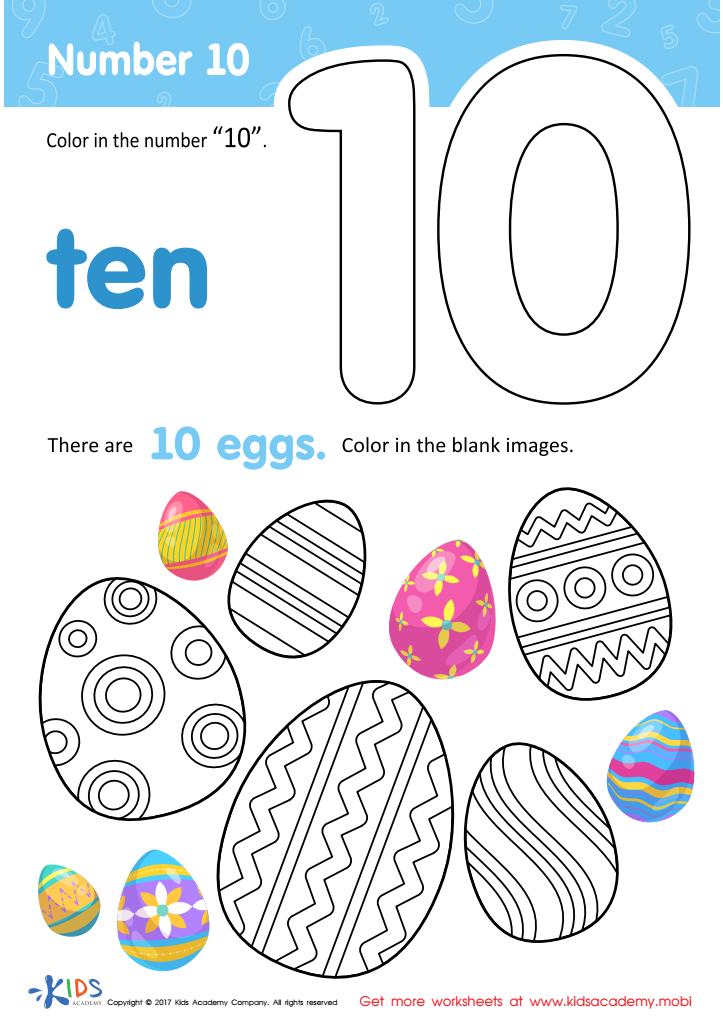

Number 10 Printable
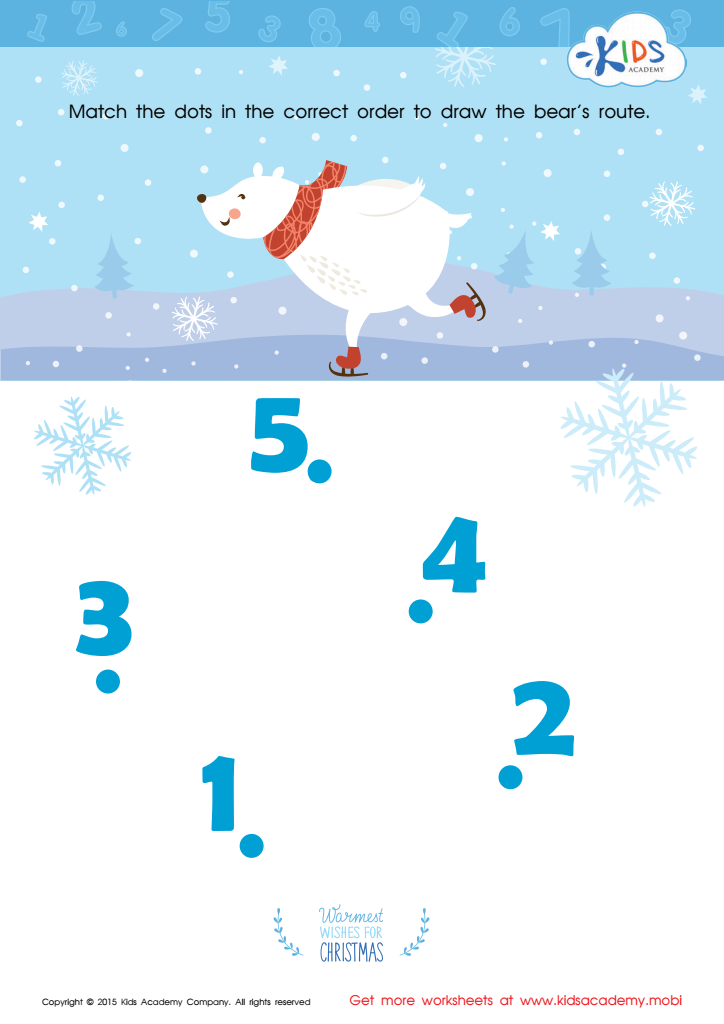

Drawing the Bear's Route by Number Worksheet
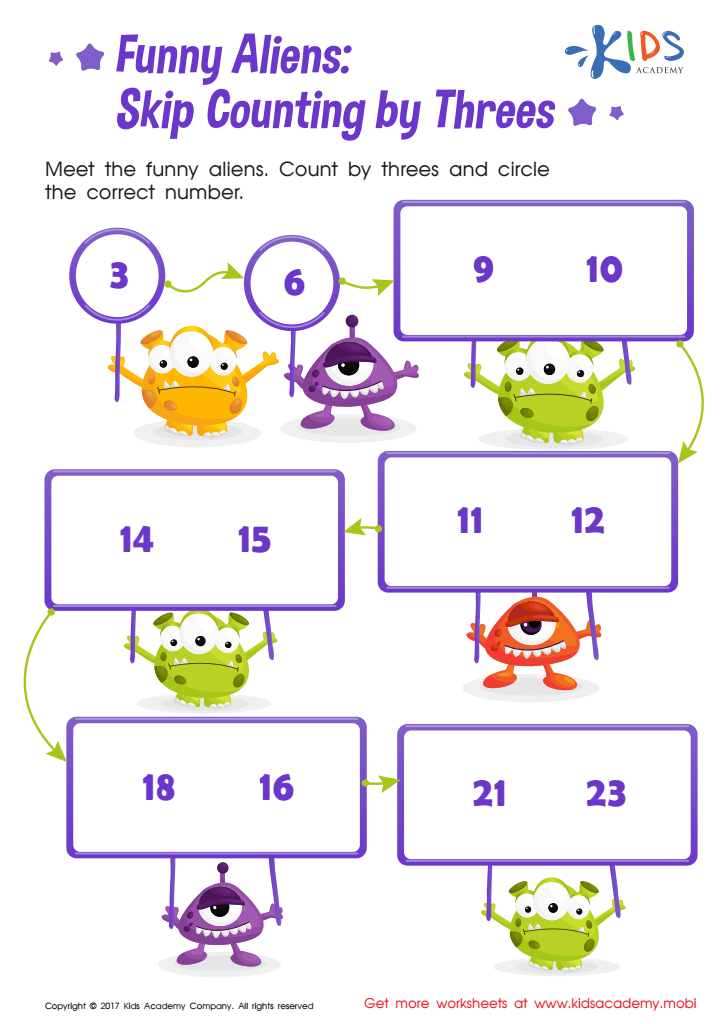

Skip Counting by 3s: Funny Aliens Printable
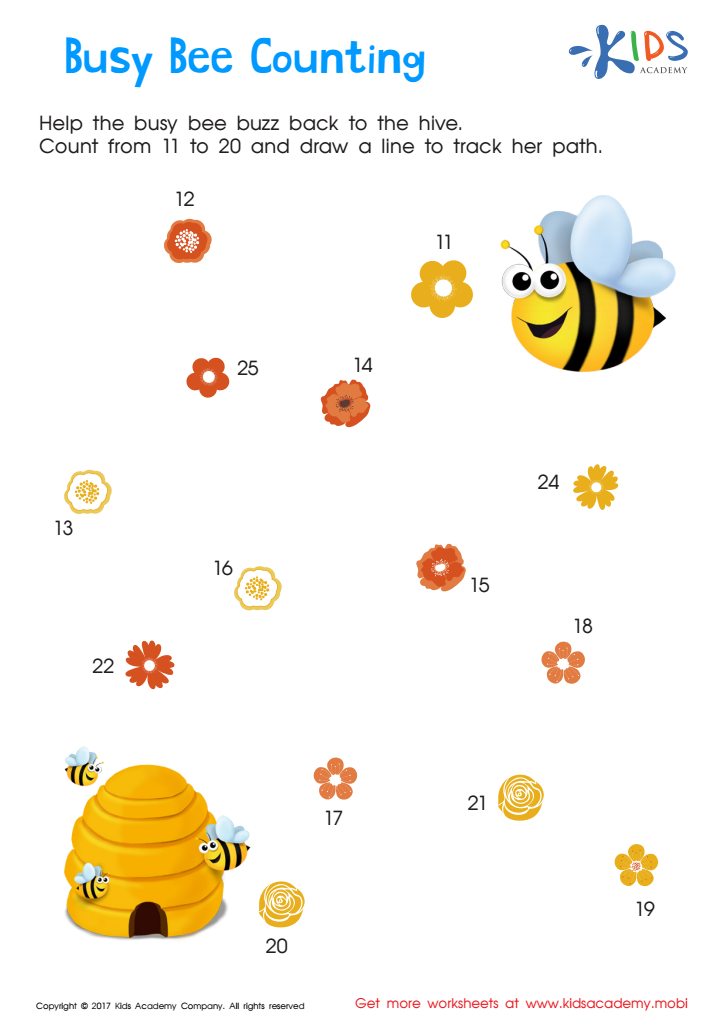

Ordering 11–20: Busy Bee Counting Worksheet
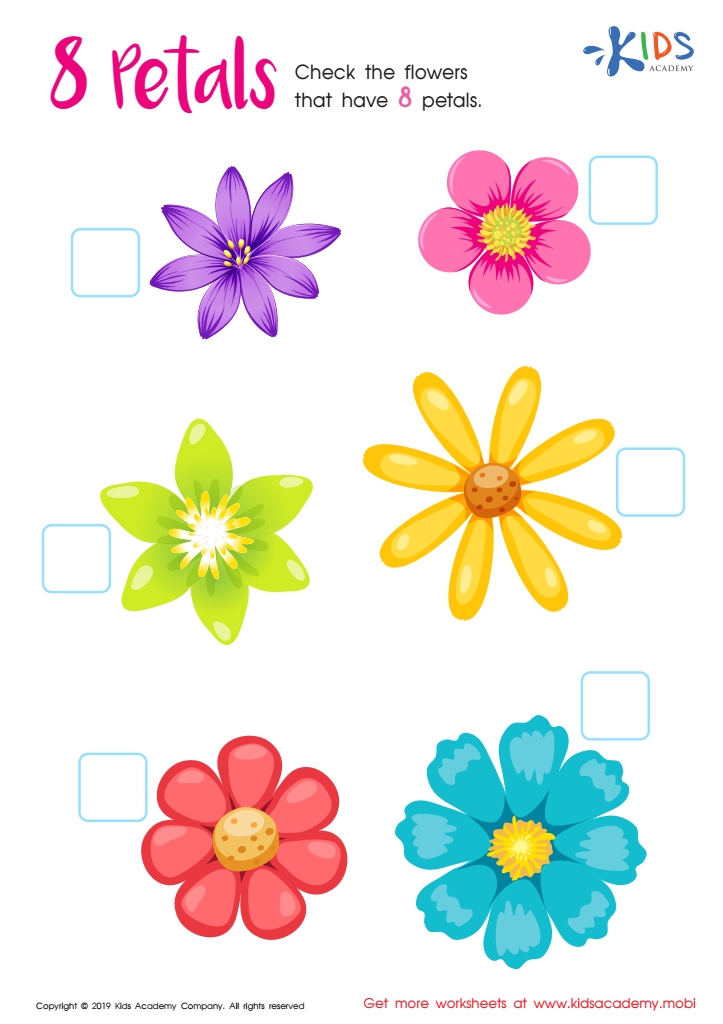

8 Petals Worksheet
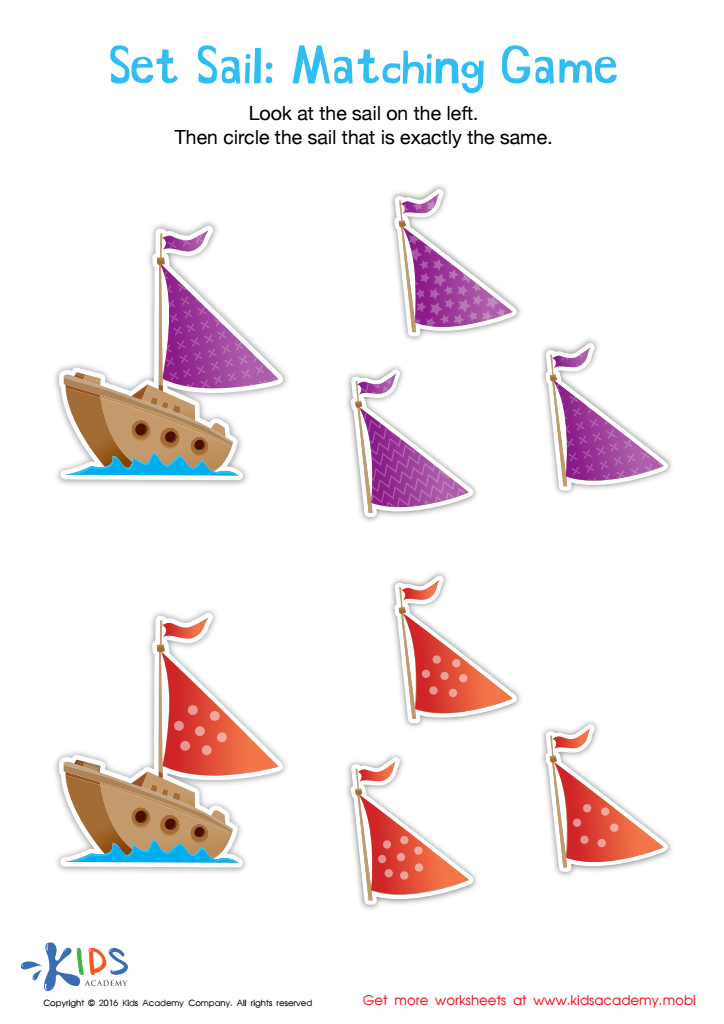

Set Sail Worksheet
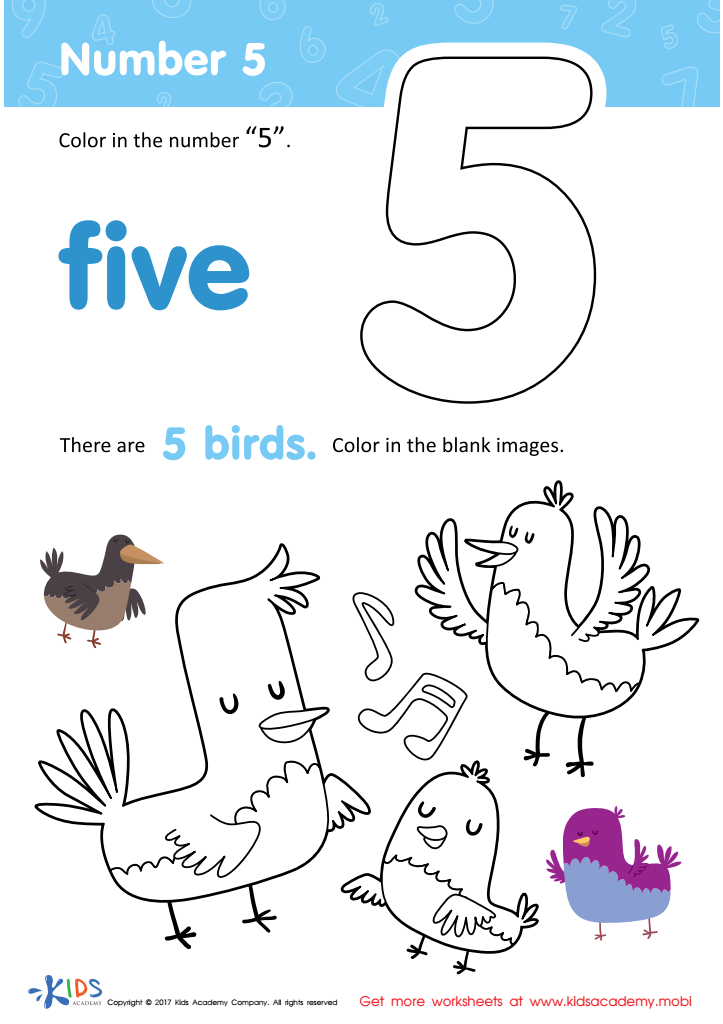

Number 5 Printable
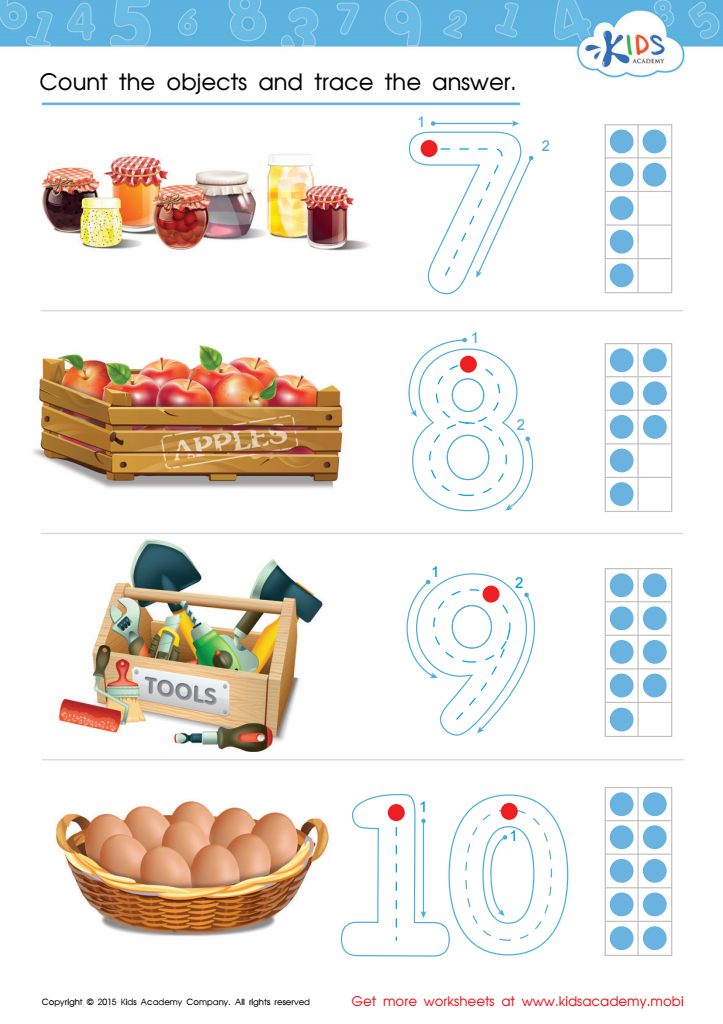

Count and Trace 7 – 10 Worksheet
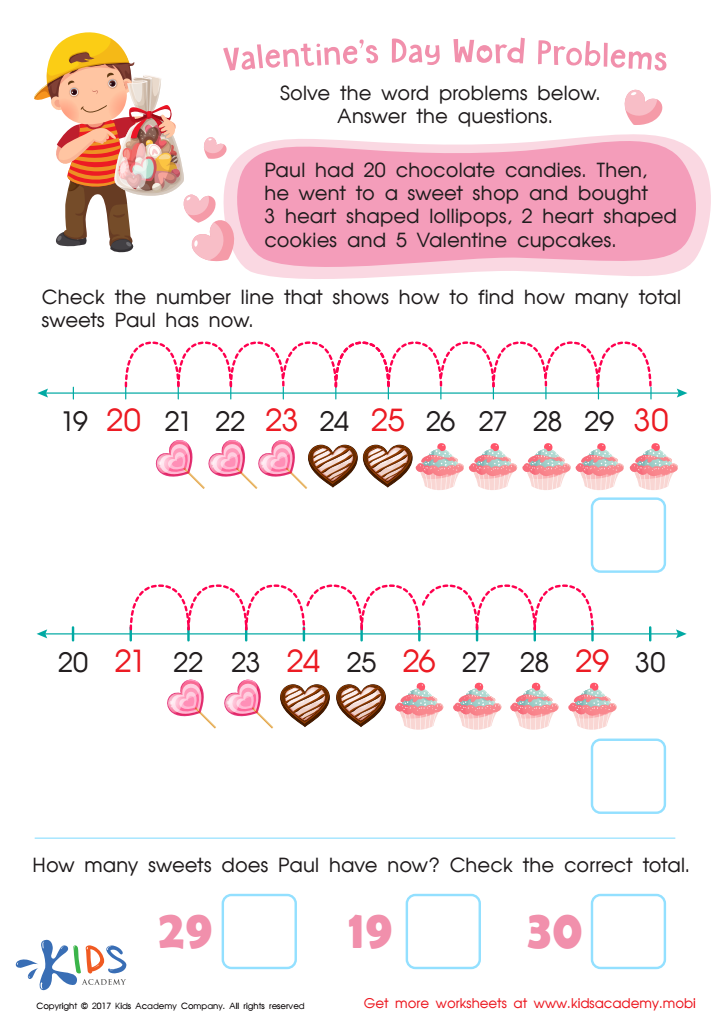

Valentines Day 2 Printable
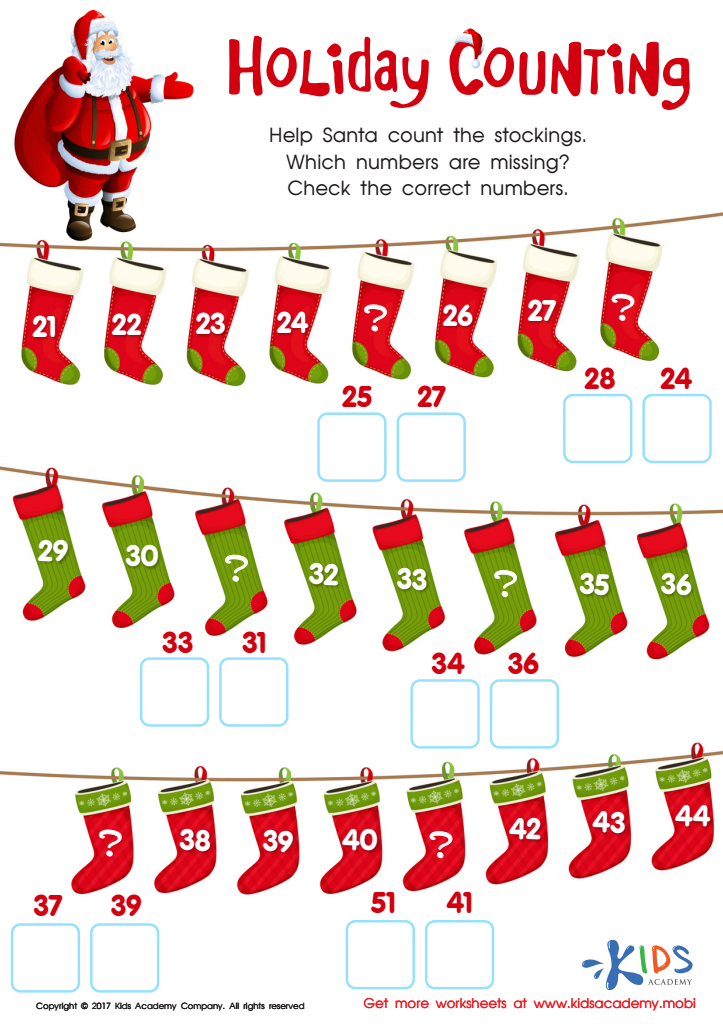

Holiday Counting Worksheet
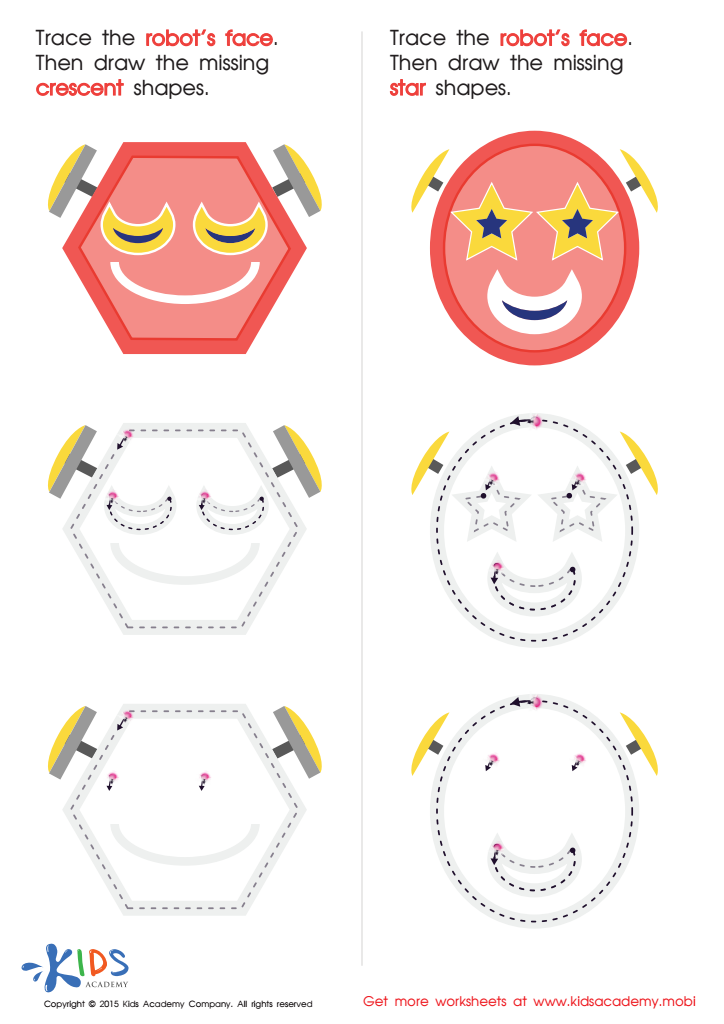

Composing a Robot's Face of Crescents And Stars Worksheet
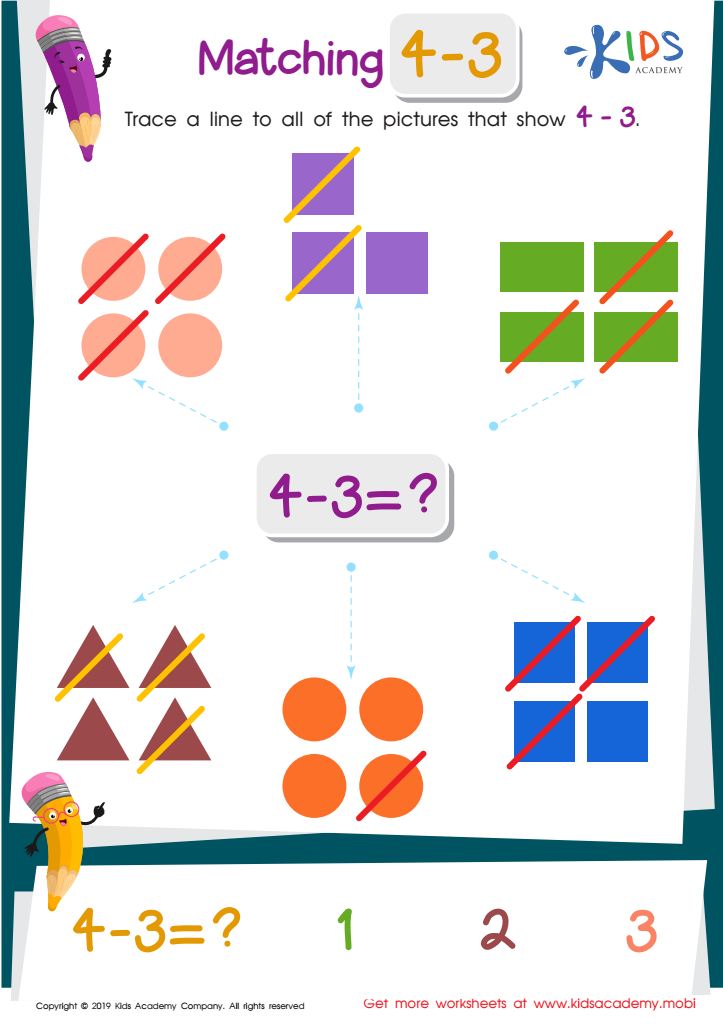

Matching 4 – 3 Worksheet
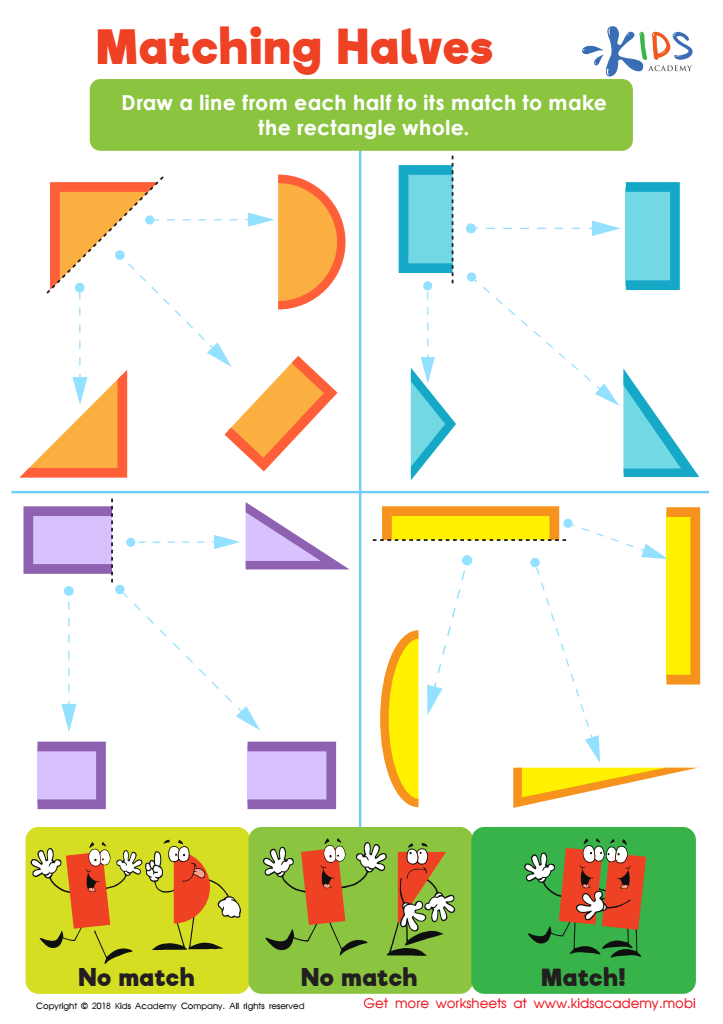

Matching Halves Worksheet
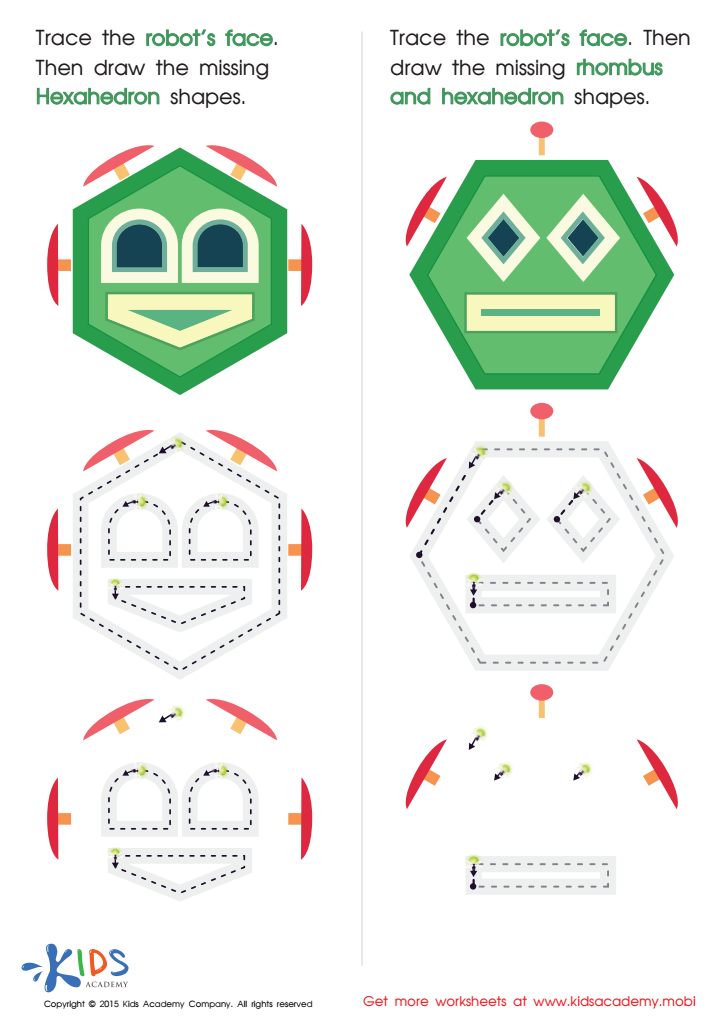

Practice Drawing Hexahedrons And a Rhombus Worksheet
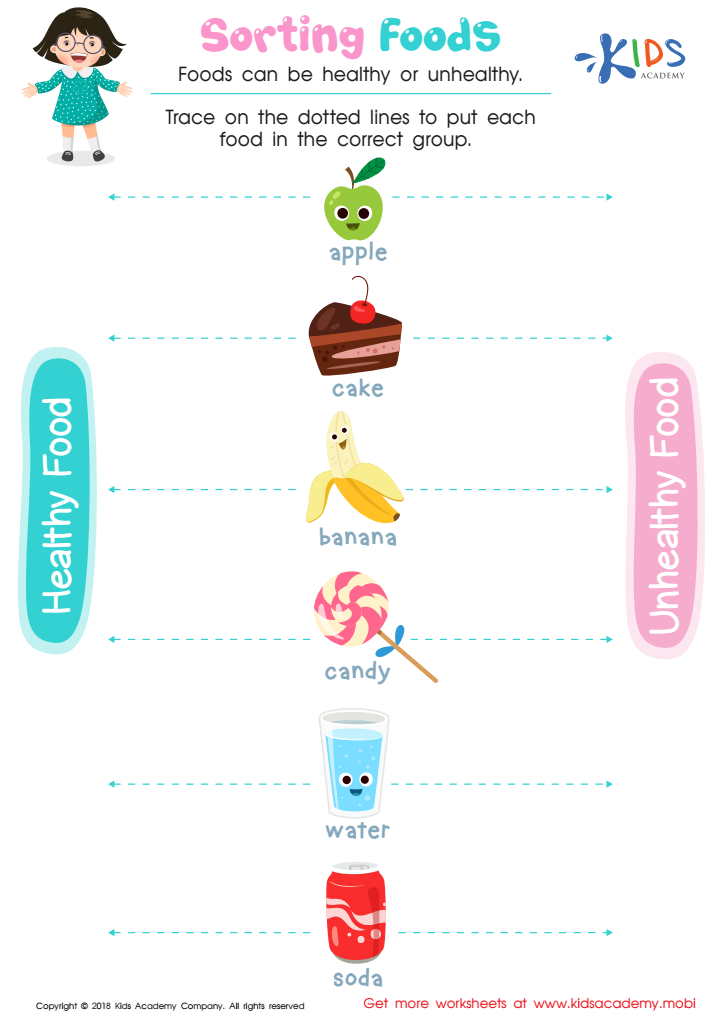

Sorting Food Worksheet
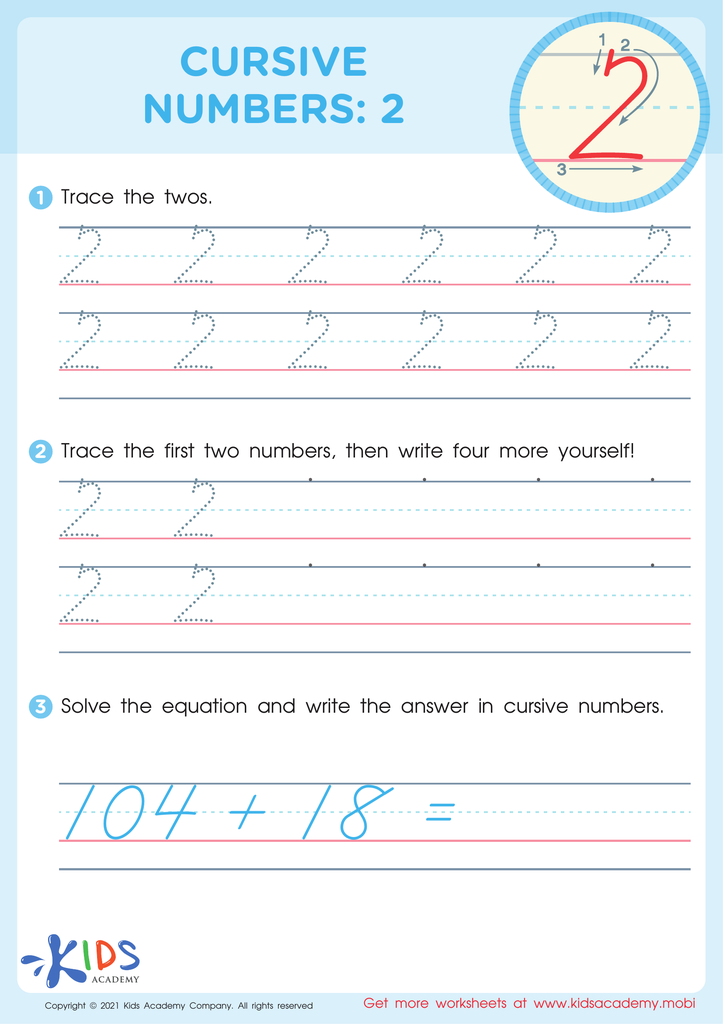

Cursive Numbers: 2 Worksheet
Fine motor skills and math are crucial in the developmental stages of children aged 4-9, and parents and teachers should prioritize them for several reasons. Firstly, fine motor skills, which involve small muscle control in hands and fingers, are foundational for tasks such as writing, grasping small objects, and buttoning clothing. Developing these skills enhances a child's ability to perform daily activities and increases their confidence in their abilities.
Moreover, incorporating fine motor skills into math activities can make learning more engaging and tangible for young learners. Activities such as using play dough to shape numbers, threading beads for counting, or using scissors to cut shapes can make abstract math concepts more concrete. This kinesthetic approach to learning allows children to explore and understand mathematical ideas through tactile experiences.
Further, improved fine motor skills can enhance focus and attention, enabling students to engage more effectively in math-related tasks. Consequently, when parents and teachers invest in fostering these skills, they create a strong foundation for children's overall academic success. Considering the interconnected nature of these competencies, prioritizing fine motor skills in the context of math prepares children not only for immediate learning but also for future challenges in various subjects and life skills.
 Assign to My Students
Assign to My Students

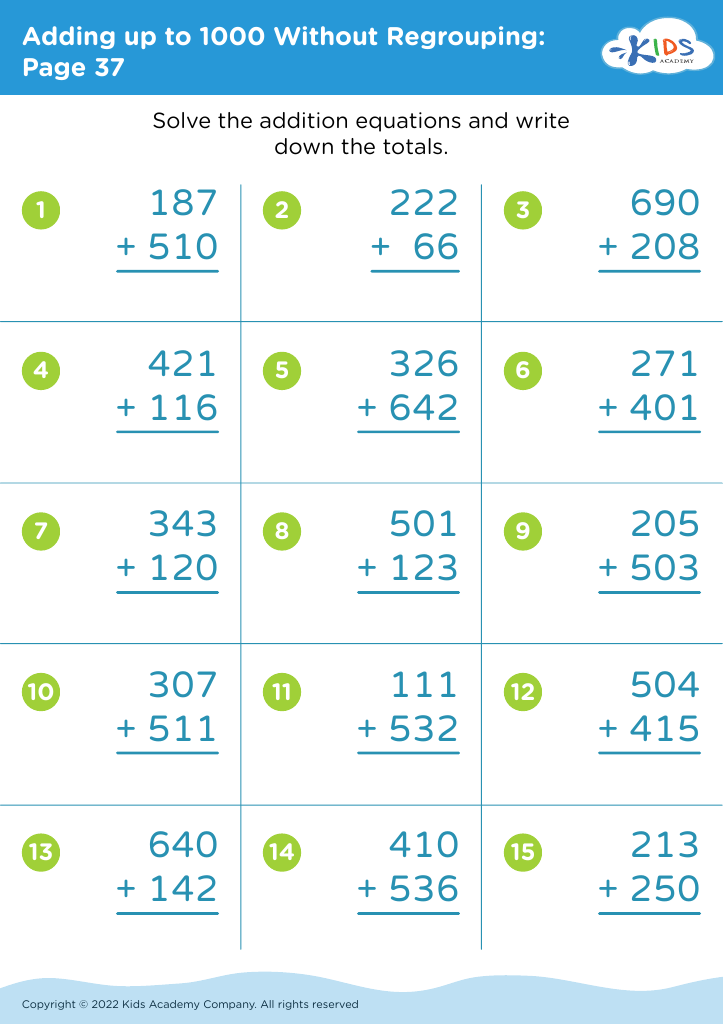

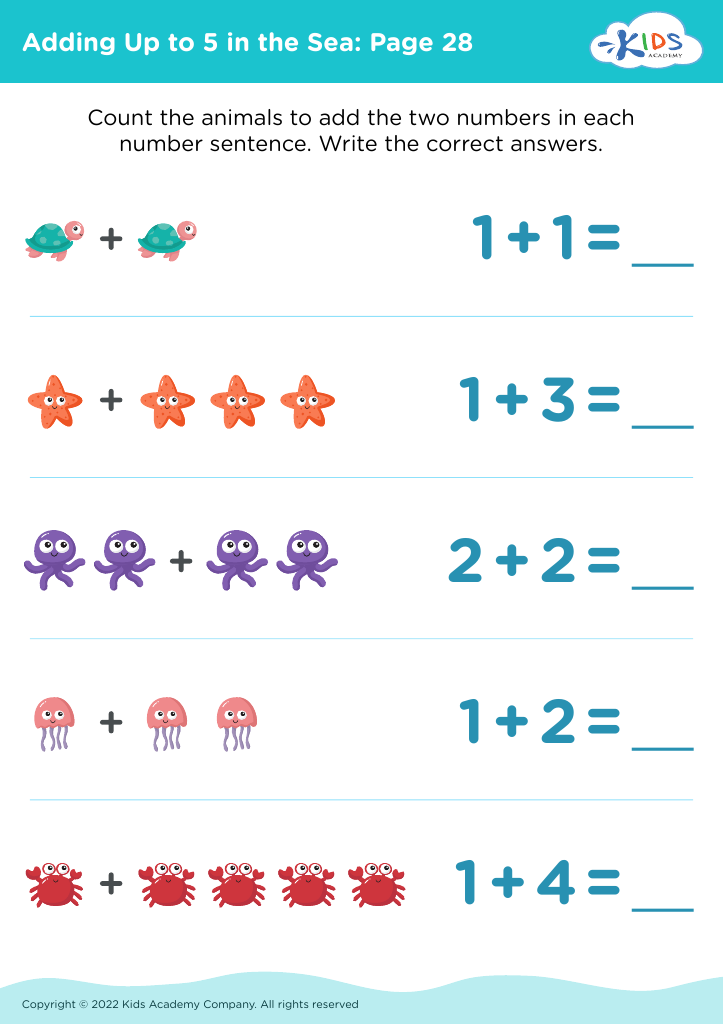
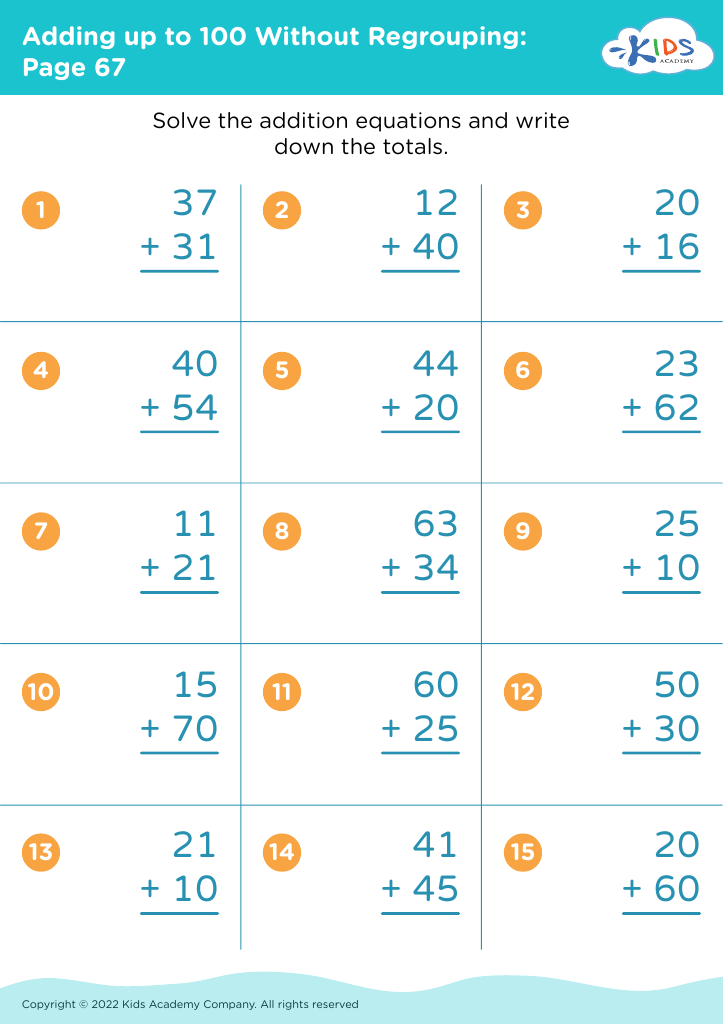
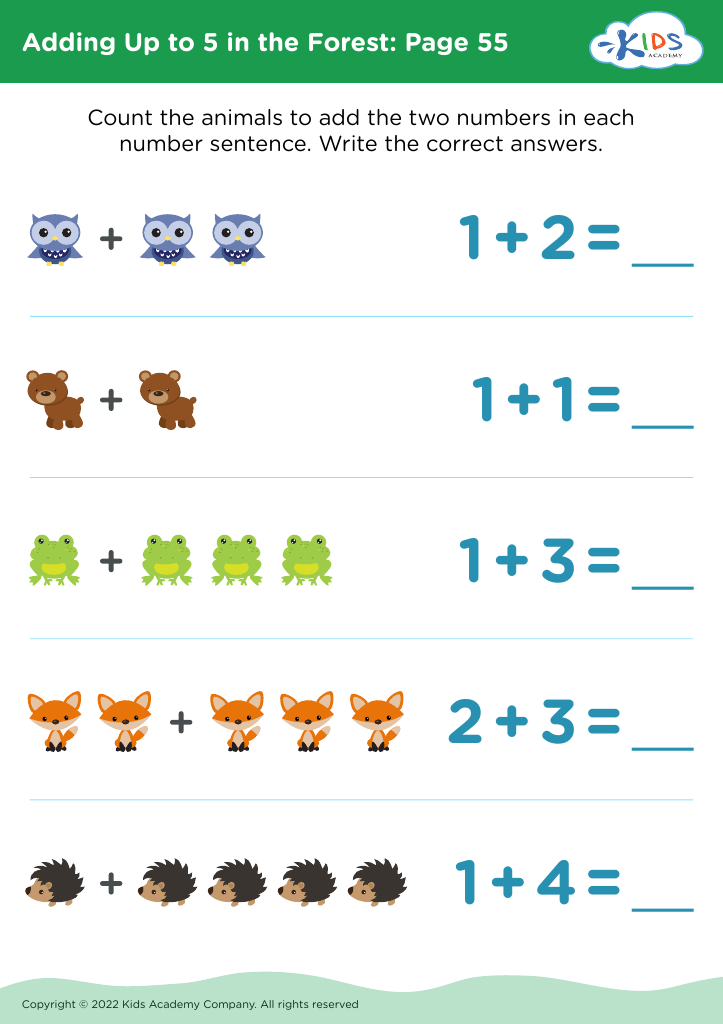
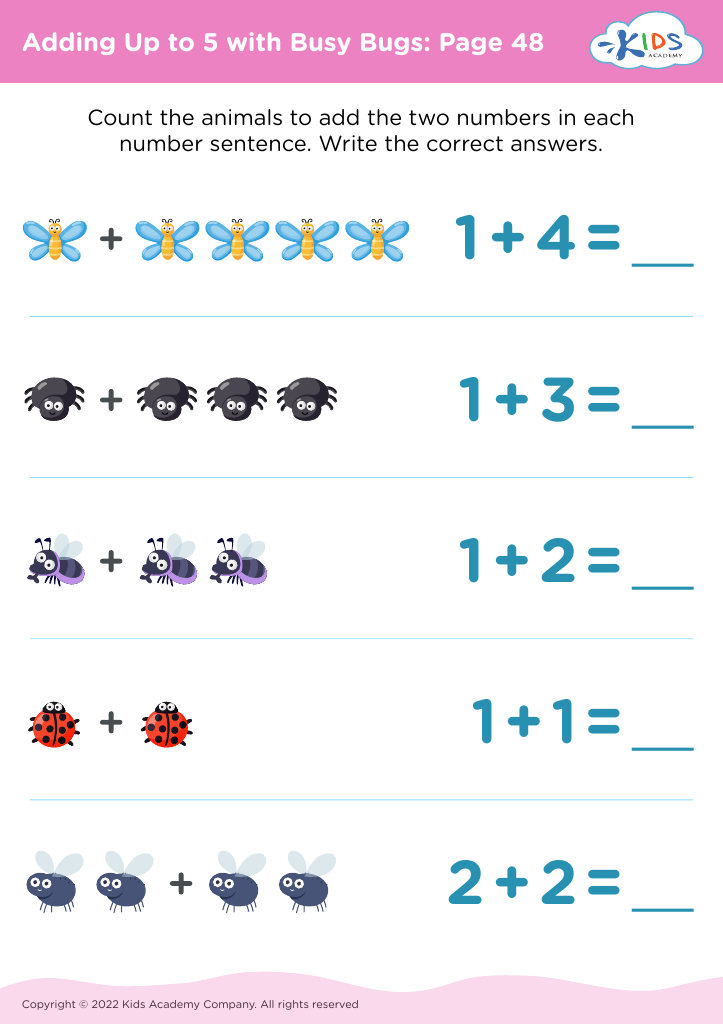

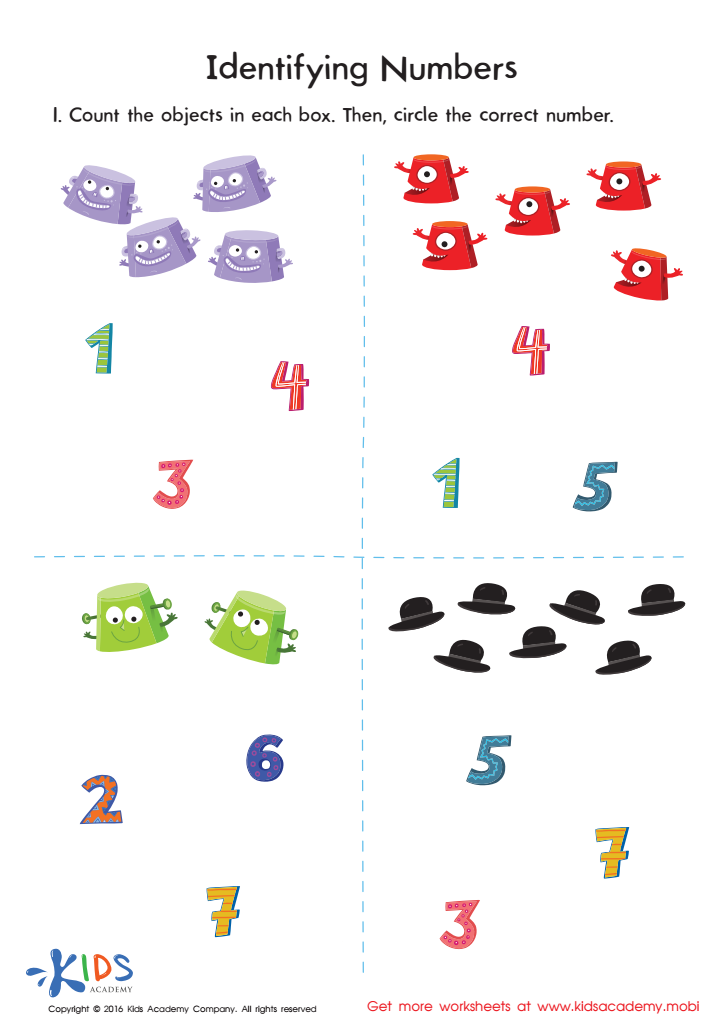





.jpg)













